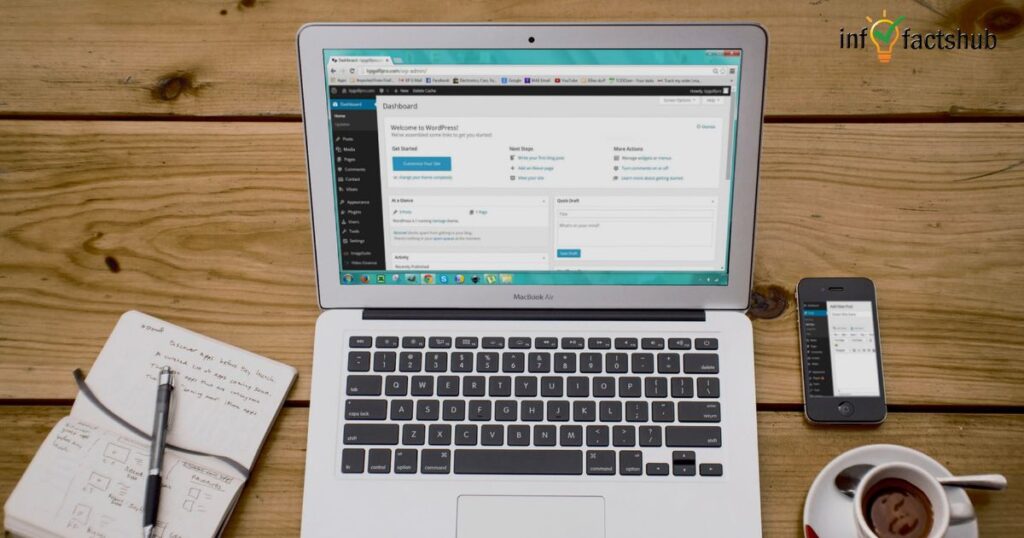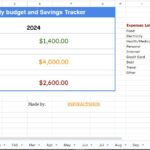
Having a fast and responsive website is crucial for user experience and search engine rankings. If your WordPress website takes ages to load, you risk losing visitors and potential customers. In this article, we will discuss ten essential tips to optimize your WordPress website for better performance, ensuring a smooth and enjoyable user experience.
- Choose a Reliable Hosting Provider:
Start with a reliable hosting provider that offers excellent server performance, uptime guarantees, and scalable resources. A reputable hosting provider ensures your website is consistently fast and accessible.
- Optimize Image Sizes:
Large image files can significantly slow down your website. Use an image optimization plugin or compress your images manually before uploading them. Aim for a balance between image quality and file size to maintain visual appeal without sacrificing performance.
- Enable Caching:
Caching reduces server load and improves page loading times. Utilize a caching plugin such as W3 Total Cache or WP Super Cache to create static HTML versions of your pages and deliver them to visitors, reducing the processing load on your server.
- Minify CSS and JavaScript Files:
Minifying CSS and JavaScript files involves removing unnecessary characters, white spaces, and line breaks. This reduces file sizes and improves loading times. Use plugins like Autoptimize or WP Rocket to automatically minify your website’s CSS and JavaScript files.
- Implement Lazy Loading:
Lazy loading delays the loading of images and other media until the user scrolls down to view them. This technique conserves bandwidth and speeds up initial page load times. Consider using a lazy loading plugin like Lazy Load by WP Rocket to implement this feature.
- Optimize Your Database:
Regularly clean up and optimize your WordPress database to remove unnecessary data, spam comments, and post revisions. This reduces the database size and enhances website performance. Plugins like WP-Optimize and WP Rocket can automate this process.
- Use Content Delivery Networks (CDNs):
CDNs store your website’s static files on servers worldwide, delivering them to visitors from the nearest server location. This reduces latency and improves loading times. Popular CDNs like Cloudflare and MaxCDN can seamlessly integrate with your WordPress website.
- Reduce External HTTP Requests:
Minimize the number of external HTTP requests by reducing the use of external scripts, stylesheets, and plugins. Each additional request slows down your website. Evaluate the necessity of each element and eliminate unnecessary ones.
- Regularly Update WordPress, Themes, and Plugins:
Keeping your WordPress core, themes, and plugins up to date is crucial for website performance and security. Updates often include performance improvements and bug fixes, ensuring optimal functionality and speed.
- Utilize a Lightweight Theme:
Selecting a lightweight and well-coded theme is vital for a fast website. Avoid bloated themes with excessive features and complex coding, as they can slow down your site. Opt for a theme that prioritizes speed and simplicity.
Conclusion:
Optimizing your WordPress website for better performance is a continuous process that requires attention to detail. By implementing these ten essential tips, you can significantly improve your website’s speed and provide a better user experience. Remember, a fast-loading website not only keeps visitors engaged but also boosts search engine rankings, leading to increased traffic and conversions.




